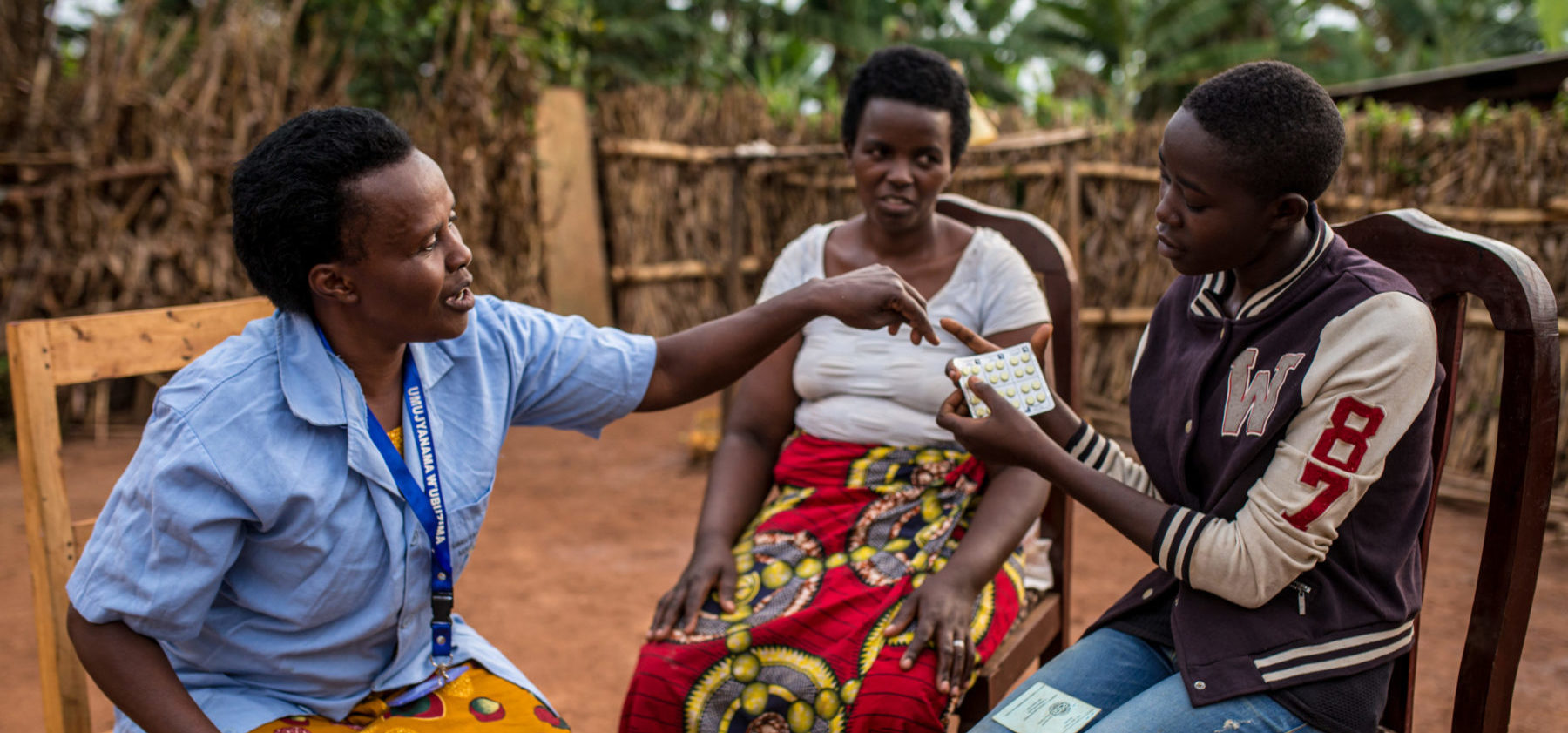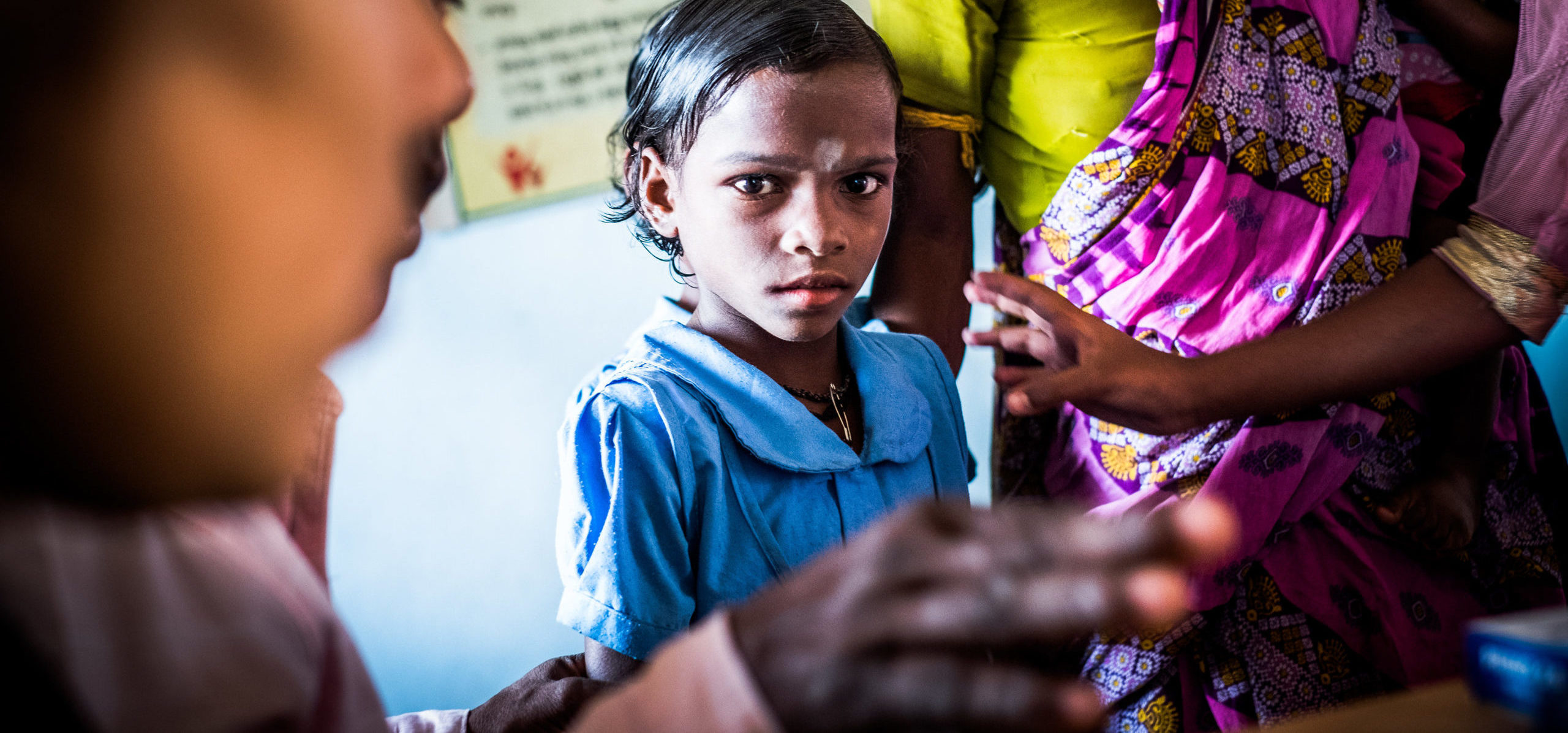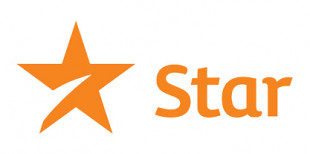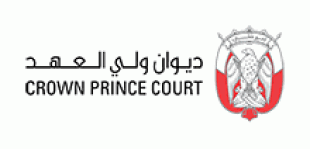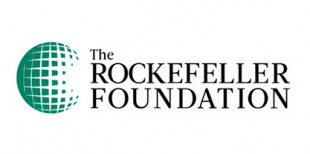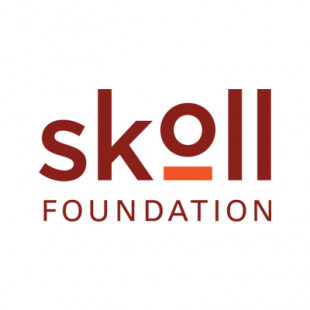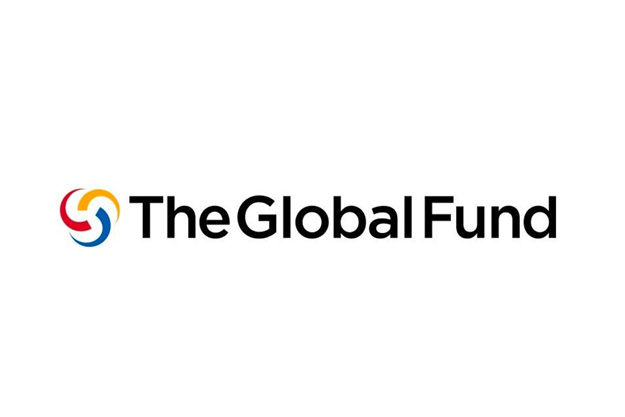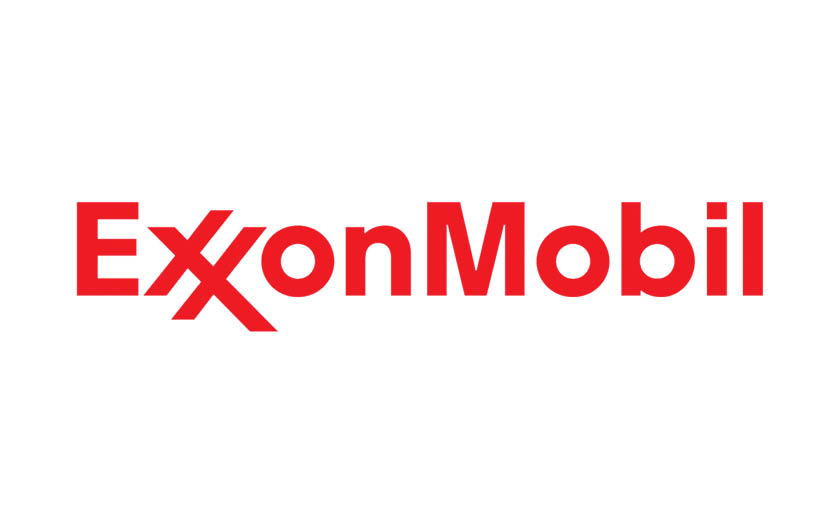NO ONE SHOULD DIE OF A MOSQUITO BITE
Your partnership and support fuels Malaria No More’s work to mobilize the political commitment, funding, and innovation required to achieve what would be one of the greatest humanitarian accomplishments – eliminating malaria in our lifetimes.
LETTER FROM OUR CEO
To our partners and supporters –
December 2021 marked the 15th Anniversary of the White House Summit on Malaria and the founding of Malaria No More, so it’s a natural moment to reflect on the mission.
Based on revised estimates in the latest WHO World Malaria Report, our collective efforts have saved 10.6 million lives since 2000 – a number far higher than was previously thought. But we also have a better understanding of the true toll of the disease: last year, 627,000 people died from malaria, overwhelmingly children under 5 in sub-Saharan Africa.
As we mark our 15th year, Malaria No More is redoubling our efforts and reinventing our strategies to ensure that the next 15 years are the last 15 years for humanity’s oldest and deadliest pandemic. With the rollout of a new malaria vaccine approved by the WHO and financed by Gavi, and a pipeline of other transformative tools in development, we’ve never been more confident in the purpose or the possibility of our mission to end deaths from mosquito bites.
We’re stretching in new and compelling ways: using blended finance to expand resources for malaria programming in Africa; harnessing artificial intelligence to turn climate change from an obstacle to an opportunity to accelerate progress against malaria; helping the US government to leverage the malaria platform to win the COVID endgame and prepare for the next pandemic; and stepping up our partnership to help the Government of India achieve its 2030 malaria elimination goal.
Thank you, as ever, for your partnership and support.
Sincerely,

Martin Edlund
CEO, Malaria No More
TAKE A LOOK BACK AT 15 YEARS OF PROGRESS, PARTNERSHIP, AND INNOVATION.
OUR WORK ISN'T DONE
in 2020, there were...
241 MILLION
CASES OF MALARIA
627,000
GLOBAL DEATHS FROM MALARIA
TOGETHER, WE CAN END MALARIA
At Malaria No More, we’re focused on ending the world’s oldest, deadliest disease. See the highlights from Malaria No More’s efforts in 2021, made possible by your partnership and support.
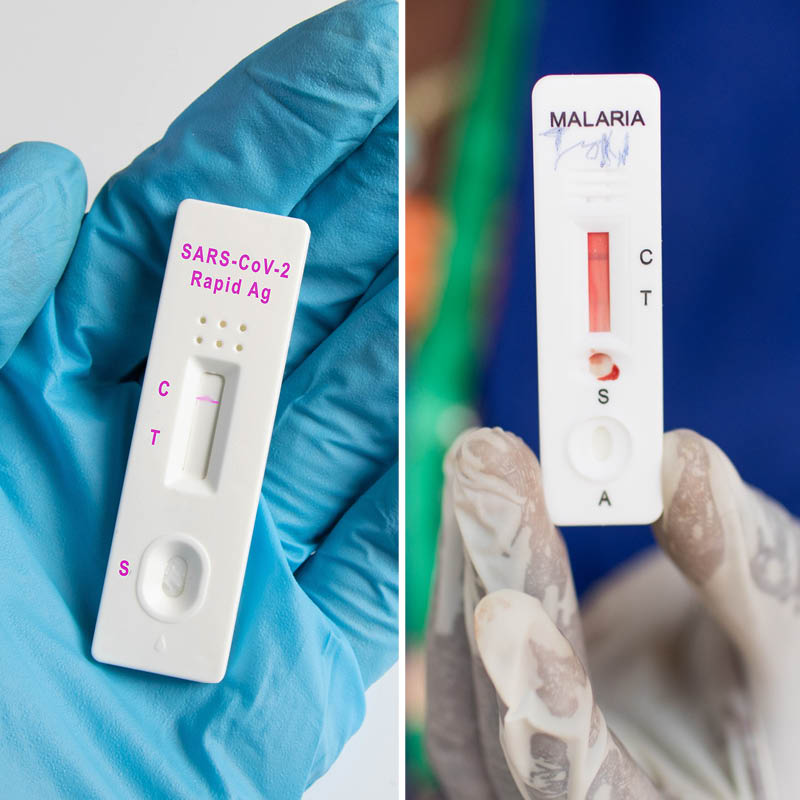
Leveraging U.S. Leadership
Making the case for increased resources for domestic and global health spending posed a challenge, as all countries felt the pressure of the COVID-19 pandemic on their domestic healthcare and economies. But MNM ensured that malaria was at the top of policy agendas and that in a post-COVID world, the malaria campaign will be central to building back better and future pandemic preparedness. In partner donor countries such as the UK, Japan and Korea, we have seen the ability of the US to leverage its influence to ensure that other leading donors are stepping up to do their part in global health. The Biden Administration’s first Congressional budget request included a request of flat funding of $770m for PMI for FY22, and $1.56b for the Global Fund. Turning our attention to Congress, MNM worked with PMI to develop a specific set of priority funding needs focused on addressing additional COVID-19-related costs and leveraging malaria for COVID-19 response. These efforts resulted in the House Appropriations Committee passing a high-watermark of $820m (+$50m above the FY21 enacted number) for PMI and the Senate passing an $800m figure (+$30m). Both included flat funding for the Global Fund ($1.56b) in line with the US government’s three-year pledge to the Global Fund. Ultimately, the overall allocation to the international affairs budget was dramatically reduced during negotiations between Democrats and Republicans over defense and non-defense discretionary spending. However, PMI was among just four accounts supported for increase by the Senate Appropriations Committee, and received an allocation of $775m for FY22 – an increase of $5m above FY21. Malaria No More’s advocacy will be critical in 2022 and beyond, as the Global Fund looks to its 7th Replenishment Conference hosted in the United States and PMI has set a bold strategy to End Malaria Faster with an aspirational budget of $1 billion annually.
Partnering for Progress
The Health Finance Coalition (HFC), launched by Malaria No More in 2019, has catalyzed a combined nearly $60 million to invest in private sector healthcare providers to address some of Africa’s biggest health challenges. In early 2021, the coalition worked with the Medical Credit fund to launch a guarantee facility to provide loans to small and medium clinics and pharmacies responding to the ongoing COVID-19 pandemic. Building on HFC’s initial bridge guarantee funded by the Rockefeller Foundation, the Skoll Foundation, and the MCJ Amelior Foundation and enabling $2.8 million in loans to 8 companies in three countries, HFC signed a memorandum of understanding (MOU) with the Global Fund to Fight AIDS, Tuberculosis and Malaria to identify a pipeline of investment opportunities. HFC also began hosting a series in partnership with Wilton Park, GCB Health and Amref Health Africa. The interactive series aims to mobilize private capital to accelerate health goals.
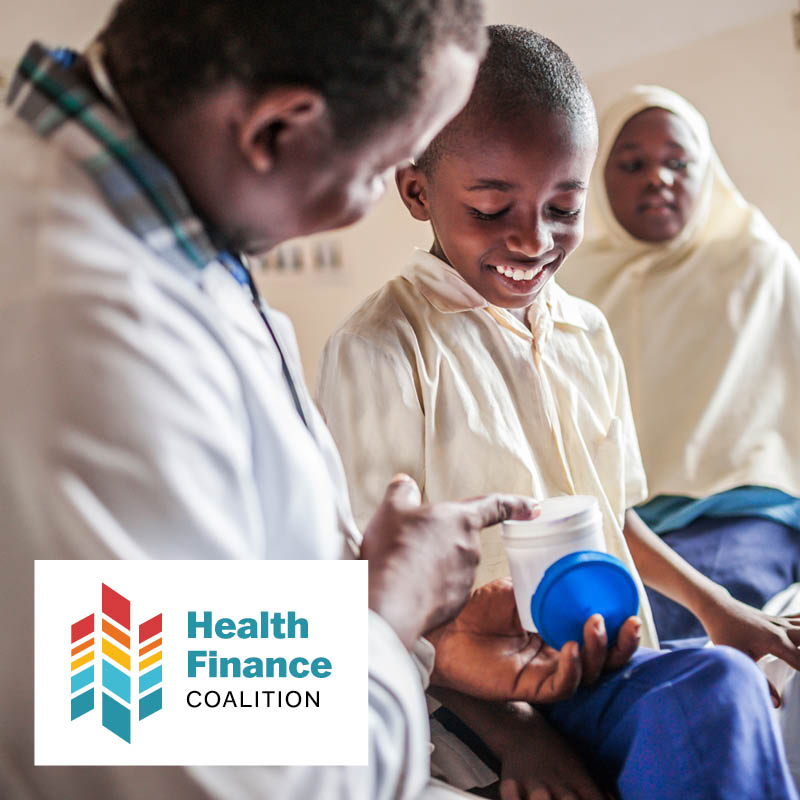
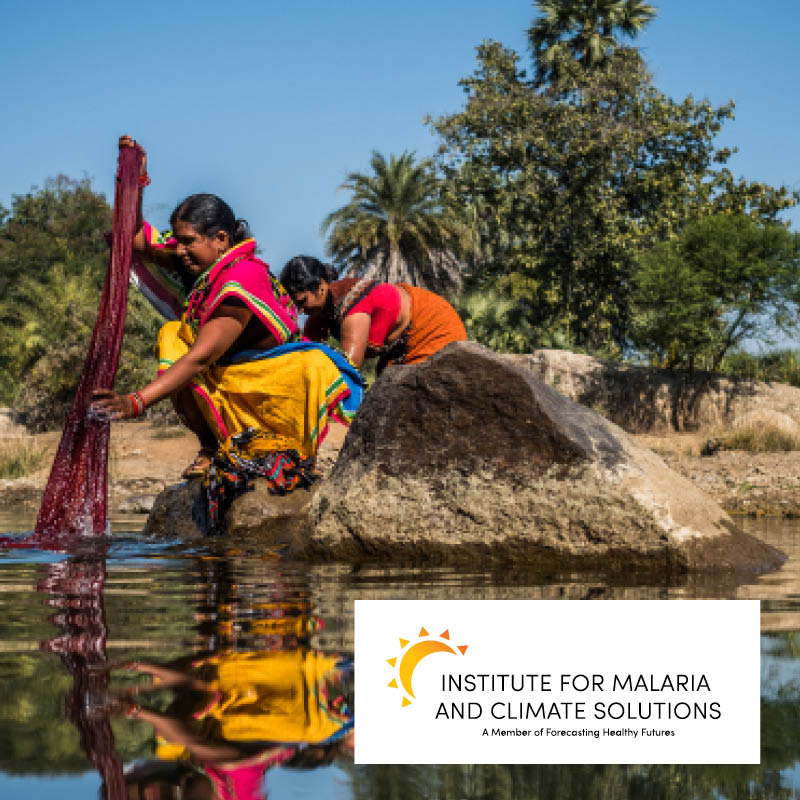
Malaria & Climate Solutions
Malaria No More, through its Forecasting Healthy Futures (FHF) initiative, has been working at the intersection of health and climate change in a variety of different settings— from an advocacy workshop series in India, to a Malaria No More Japan webinar, to meetings with the End Malaria Council and APLMA, to the Climate Services User Forum of the South Asian Seasonal Climate Outlook Forum seminars. In early 2021, Malaria No More launched the India Interagency Expert Committee on Malaria and Climate (IEC), a cross-governmental platform to encourage multiple government agencies to collaborate and engage. Forecasting Healthy Futures continues to grow its network of experts through global webinars, partner meetings, forums and more to promote innovation and leadership. This includes the newly established Institute for Malaria and Climate Solutions (IMACS), which aims to share learnings and collectively advance the discipline for everyone working in early warning systems, promoting the variety of tools and solutions that exist, supporting research on new tools, and creating a new network of experts.
The Path to Elimination in India
This year, Malaria No More India ran its second annual Bite Ko Mat Lo Lite (Hinglish for “Don’t take the bite lightly”) social media campaign. The campaign reached 180,839,004 people, had 38,025,785 engagements and saw a 4.8% increase in bed net usage amongst 18 to 24 years olds, notoriously the most difficult group to change behavior. On World Mosquito Day 2021, we launched a six-workshop advocacy series, designed to support the Government of India as they develop the National Strategic Plan for malaria elimination for 2022 – 2027. To support the frontline health workers in India, MNM recruited and trained a team of support workers called Malaria Saathis (“friends”) and Malaria Doots (“messengers”), who conduct active and passive surveillance, case-based surveillance, mass screening, use rapid diagnostic tests, and create awareness and knowledge around malaria prevention and treatment.
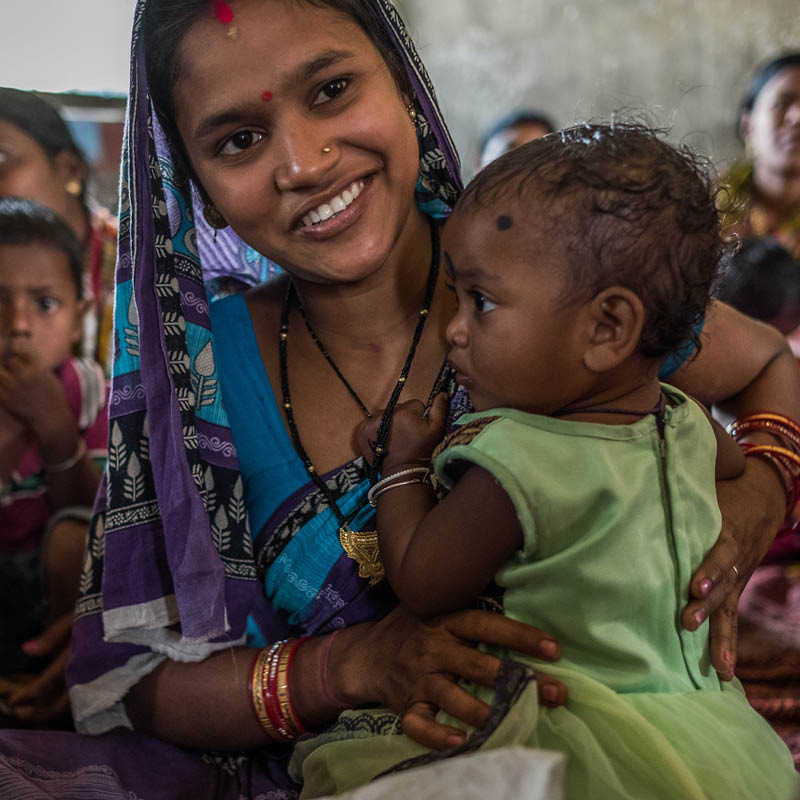
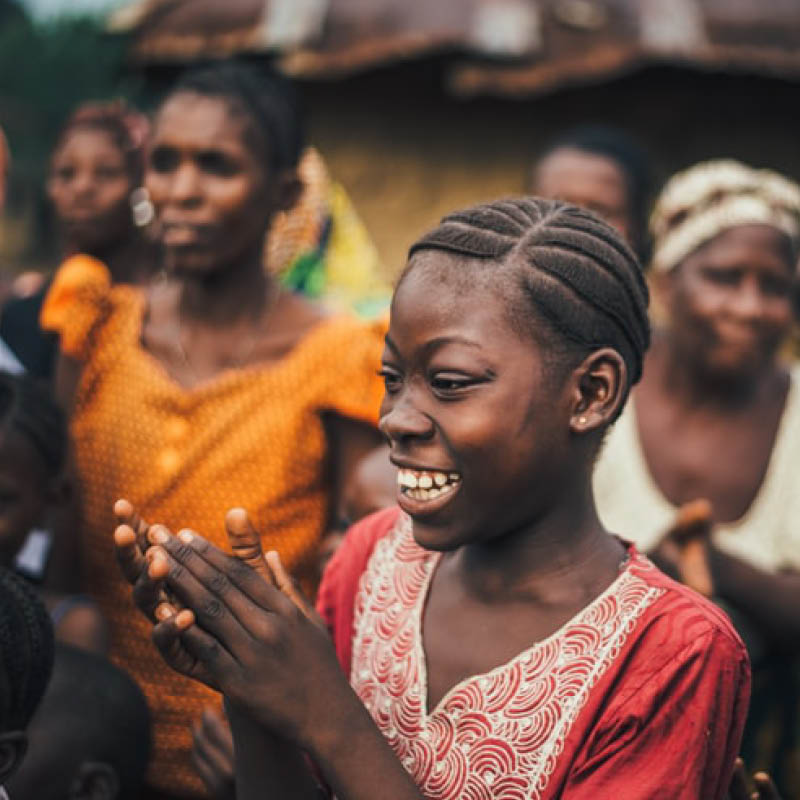
Elevating the Evidence & Making the Case for Malaria
Highlighting the links between malaria, global health security, and providing a clear case for increased investment in malaria programs, Malaria No More, MNM UK, and the UN Foundation launched: Leave No Fever Unresolved: The malaria pathway to end this pandemic - and prevent the next. This exceptionally timely report was used by leaders at the U.S. President’s Malaria Initiative (PMI), the Global Fund, and for advocacy in Congress. Malaria No More, along with RBM, published and launched to the wider global health community the investment case for a gender-based approach in malaria prevention, control and elimination efforts, titled Achieving a Double Dividend: The Case for Investing in a Gendered Approach to the Fight Against Malaria. With more than 30 major organizations represented, this was the start of a broader dialogue. Our messaging was able to effectively advocate for the inclusion of gender intentional language into the Global Technical Strategy (GTS) for Malaria Elimination 2021-2030, which was adopted by the World Health Assembly and is being updated for renewed commitment. Additionally, Malaria No More, along with the UN Foundation and Friends of the Global Fight, launched a report titled: How Can We End Malaria? Lessons from around the World at a webinar hosted by VOX’s Dylan Matthews, featuring PMI Coordinator Raj Panjabi.
SHAPING THE AGENDA
REINFORCING MALARIA AS A TOP GLOBAL HEALTH INVESTMENT
In 2021, Malaria No More worked with top media outlets across the United States and globally to increase awareness and urgency, and celebrate game-changing breakthroughs in the fight against malaria. Read top stories from the year here.
MALARIA NO MORE SUPPORTERS
Our inspiring partners, donors and volunteers are an essential part of our mission to end malaria within a generation.
Learn more about our remarkable leaders and generous supporters from 2020
FINANCIALS
At MNM, we strive to be as transparent as possible because you deserve to know where your dollars are going. We work hard to steward the contributions of our donors and partners to achieve maximum impact.
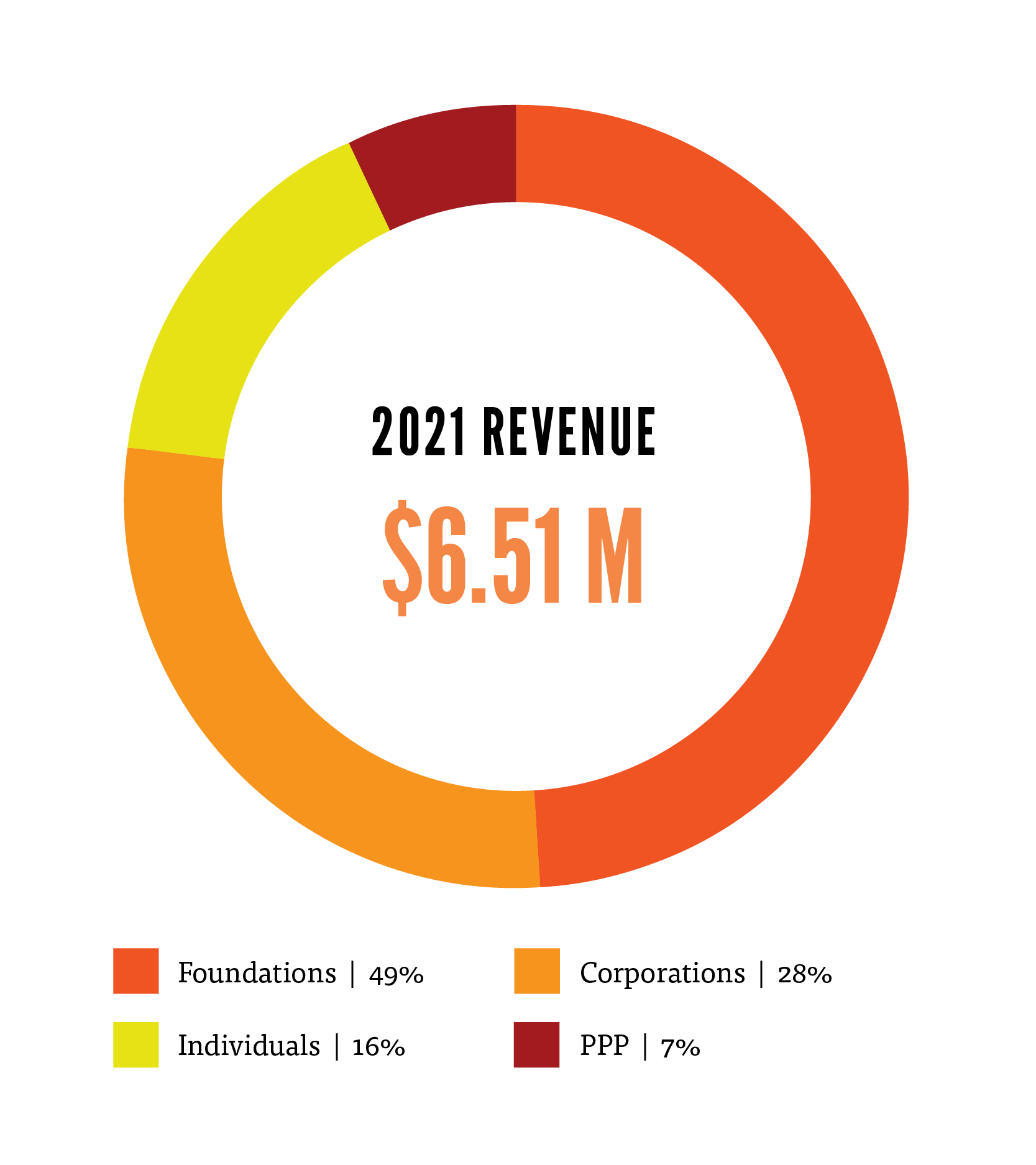
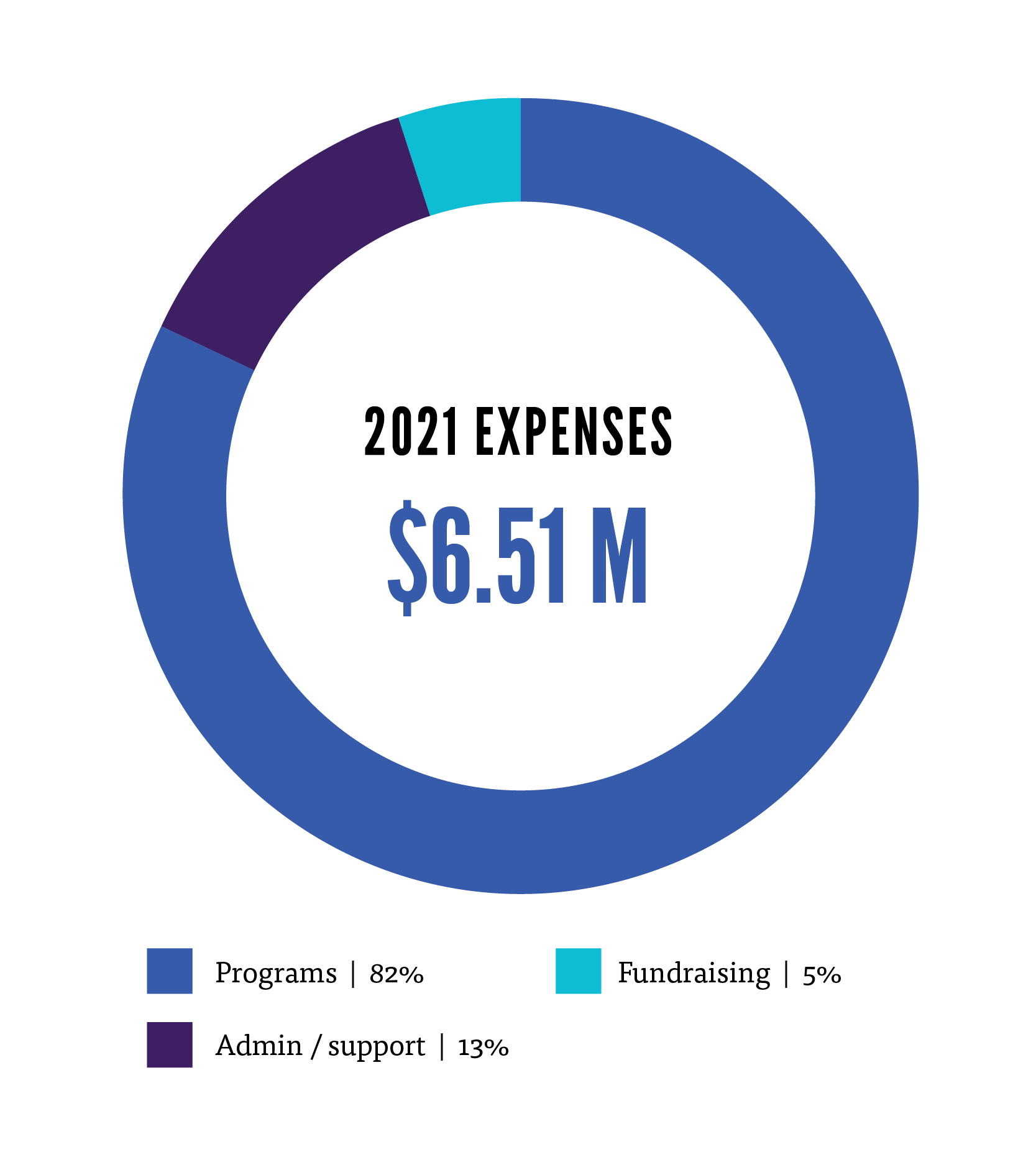
Changes in budget from year-to-year reflect GAAP accounting where the total amount of multi-year contributions are included in the year they are received.
Learn more about how we maximize your investment View detailed financialsPhoto: Sephi Bergerson
